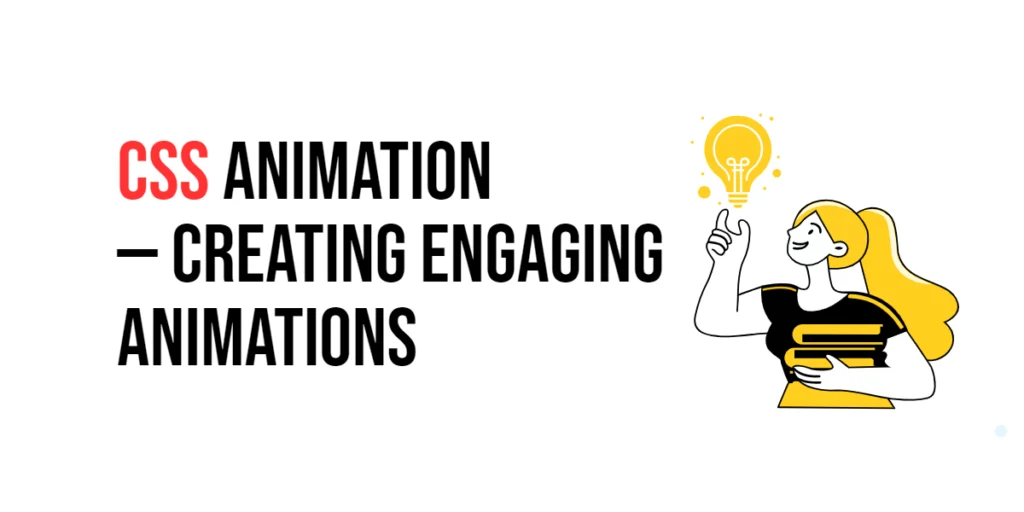CSS: Break-Inside – Preventing Breaks Inside Elements
The break-inside property in CSS is used to control page, column, or region breaks that occur inside an element. This property is particularly useful for managing the flow of content in print layouts, multi-column layouts, and regions within a web page. By using the break-inside property, developers can ensure that content within an element is […]
CSS: Break-Inside – Preventing Breaks Inside Elements Read More »









